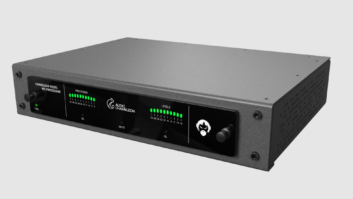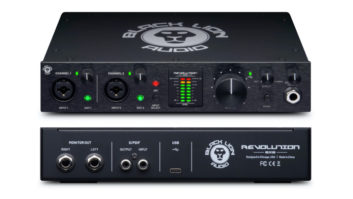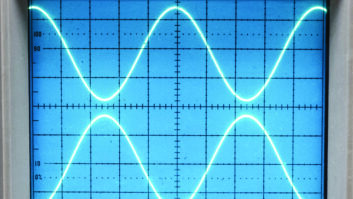(This and all content is copyright Radio World.) Industry talks between the RIAA, NAB and others about the scope and complexity of audio flag restrictions in the Senate version of the Telecom Act are at an impasse. Chances of resolution are in doubt more each day the shortened congressional calendar winds down in this election year.
NAB spokesman Dennis Wharton stated that talks were suspended in July “because the RIAA began pushing legislation on Capitol Hill as opposed to letting the negotiating process proceed. When talks resume, we expect consumer groups and the Consumer Electronics Association to have a seat at the table.”
At issue is how consumers record content from a digital audio device. The RIAA says devices like the XM Pioneer Inno and Sirius S50, which allow consumers to record and store up to 50 hours of content, begin to function like download services and therefore the record labels should get more money than they do now for royalties for these kinds of devices. The satellite radio companies and CEA say XM and Sirius already pay millions in royalties and the new devices are in line with the 1992 Audio Home Recording Act.
The issue pertains to future generation HD Radios; both NAB and CEA claim any hint of a change could cripple the rollout as manufacturers sense regulatory uncertainty.
The RIAA says NAB is “mischaracterizing” the agreements and that it never agreed not to pursue separate audio flag legislation. NAB disagrees.
In an Aug. 3 letter obtained by RW Online, RIAA Chairman/CEO Mitch Bainwol states to Rehr that NAB seems to be walking away from a commitment made in March between broadcasters and the record labels.
“That commitment – which we subsequently expressed jointly in a submission to the Congress – was the linking of an expeditious rollout of HD Radio with content protection to prevent the cherry-picking of songs from digital radio broadcasts.
“We need to see a path that is constructive and purposeful – with an unambiguous commitment to content protection. Not a slow walk to prevent legislative activity this Congress with no intent to solve the problem.”
CEA, meanwhile, reacting to a letter the RIAA sent to Rep. Rick Boucher, D-Va., on the issue, says the letter proved the RIAA has not participated in a congressional Copy Protection Technical Working Group because, “as we have long suspected,” there is no technical specification for an audio flag and the RIAA does not want to change its business model.
In a statement, CEA President and CEO Gary Shapiro said, “The letter also confirms that the RIAA’s interest lies solely in preserving its existing ways of business, with the hope that it can maximize profits by limiting innovation and undermining long-standing consumer rights.”
CEA said it is prepared to discuss ways to limit the mass indiscriminate redistribution of music over the Internet.
Audio Flag Talks Break Down
Audio Flag Talks Break Down












